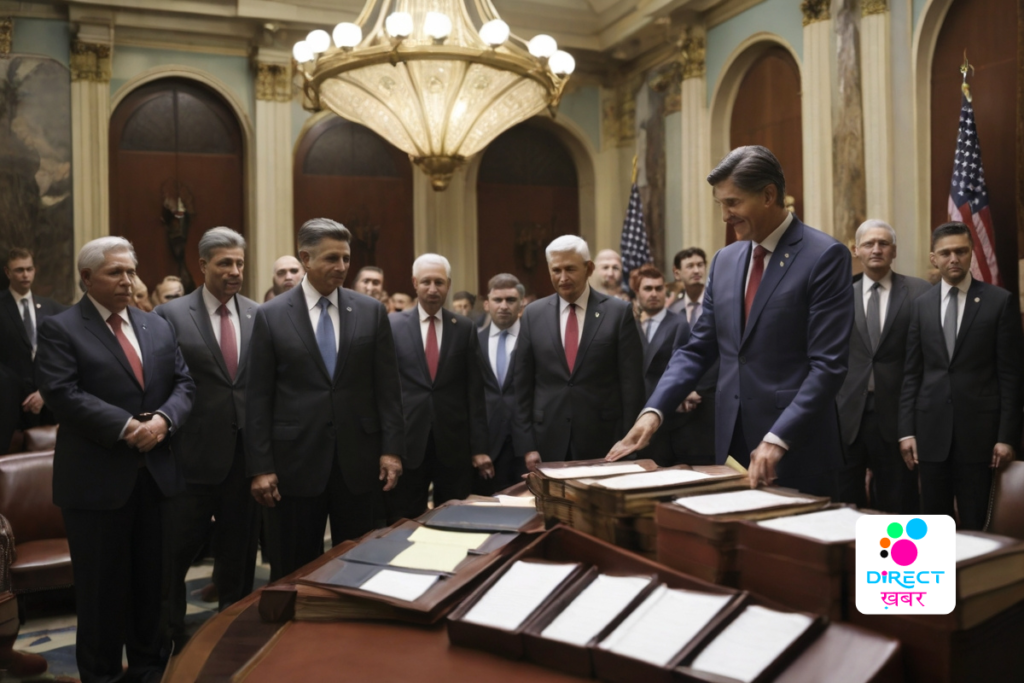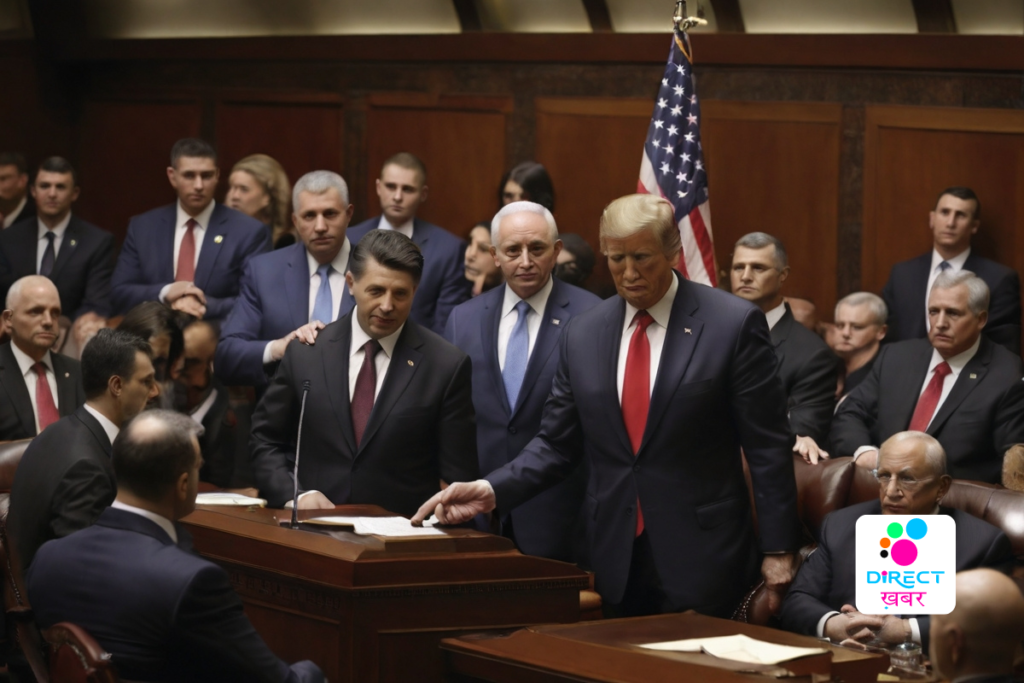US House Approves $95B Aid Package for Ukraine, Israel, and Taiwan
The US House of Representatives has passed a significant aid package totaling $95 billion, aimed at supporting Ukraine, Israel, and Taiwan. This move comes after months of political gridlock, signaling a bipartisan effort to address international crises and bolster global security.

Ukraine Aid:
The largest portion of the aid package, $61 billion, is allocated to Ukraine. This funding aims to address the country’s urgent needs in its ongoing conflict with Russia. It includes replenishing stockpiles of weapons previously provided to Ukraine, as well as supplying additional defense systems. Additionally, $9.5 billion in economic assistance is offered in the form of a loan, which the president can forgive after the next election.
Taiwan Assistance:
A separate part of the aid package focuses on Taiwan, allocating $8 billion to deter Chinese aggression. This includes foreign military financing, replenishing US weapons stocks for Taiwan’s defense, and investing in submarine infrastructure.
Israel Support:
The aid package also includes support for Israel, totaling $4 billion. This funding aims to enhance Israel’s missile defense capabilities, particularly in response to recent drone and missile attacks by Iran. Additionally, $9 billion is allocated for global humanitarian aid, with a portion designated for Gaza, in line with Democrats’ insistence.

Political Dynamics:
The passage of this aid package involved complex political maneuvering. Speaker Mike Johnson faced opposition within his own party but ultimately secured bipartisan support for the legislation. Some Republicans, particularly from the more isolationist wing of the party, opposed the aid but were outnumbered by defense hawks.
Challenges and Criticism:
Despite the aid package’s passage, Speaker Johnson faced criticism from conservative members of his party. Some demanded the inclusion of unrelated legislation, such as measures related to US border security, which Johnson rejected to maintain the package’s bipartisan appeal. This decision led to threats of ousting him from his position, highlighting divisions within the Republican Party.

The approval of this aid package represents a significant step in addressing international crises and strengthening alliances. By providing crucial support to Ukraine, Israel, and Taiwan, the US aims to promote stability and security in regions facing significant threats. However, political challenges and internal divisions underscore the complexity of foreign aid decision-making in the current political climate.






